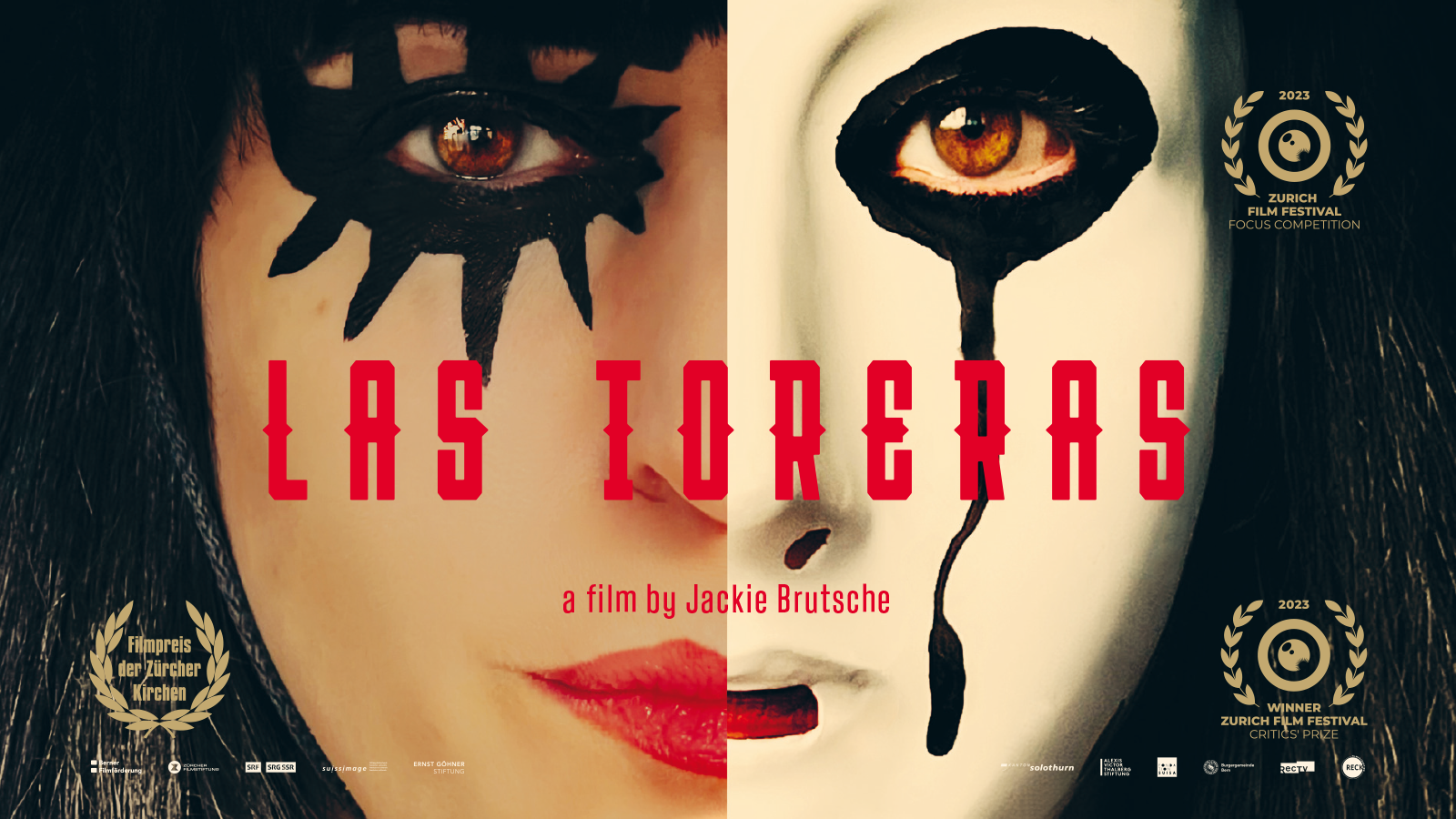
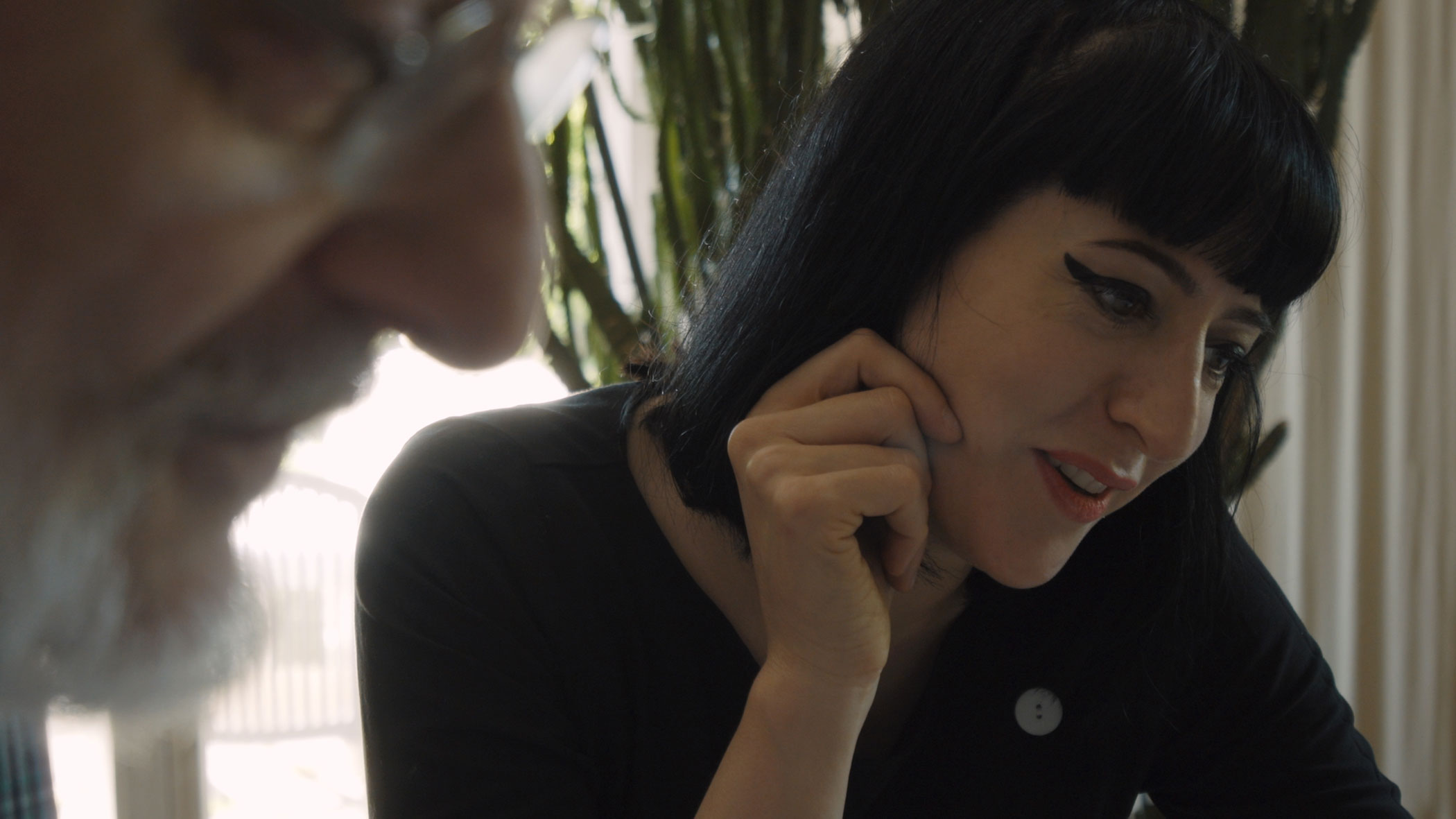
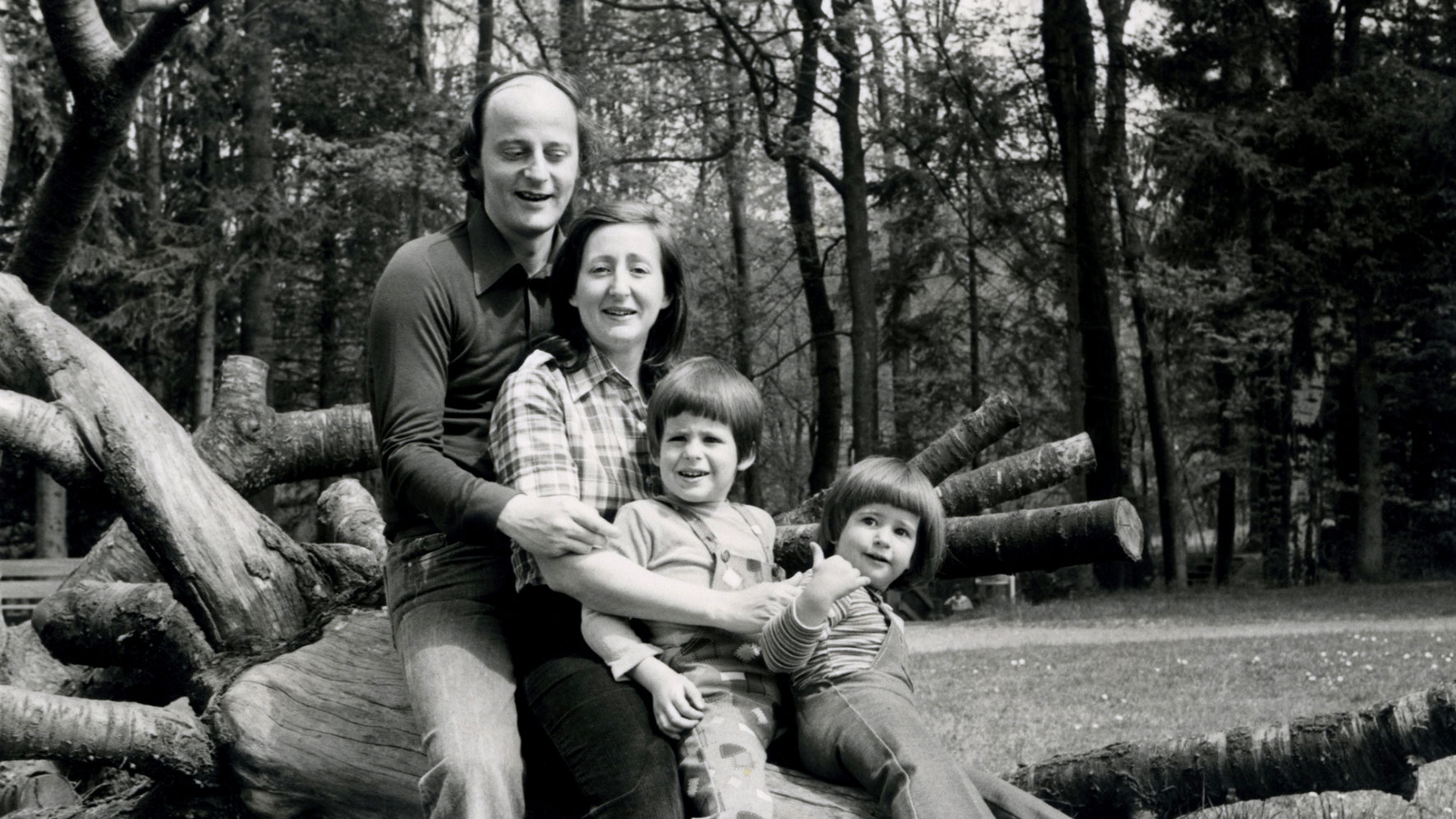
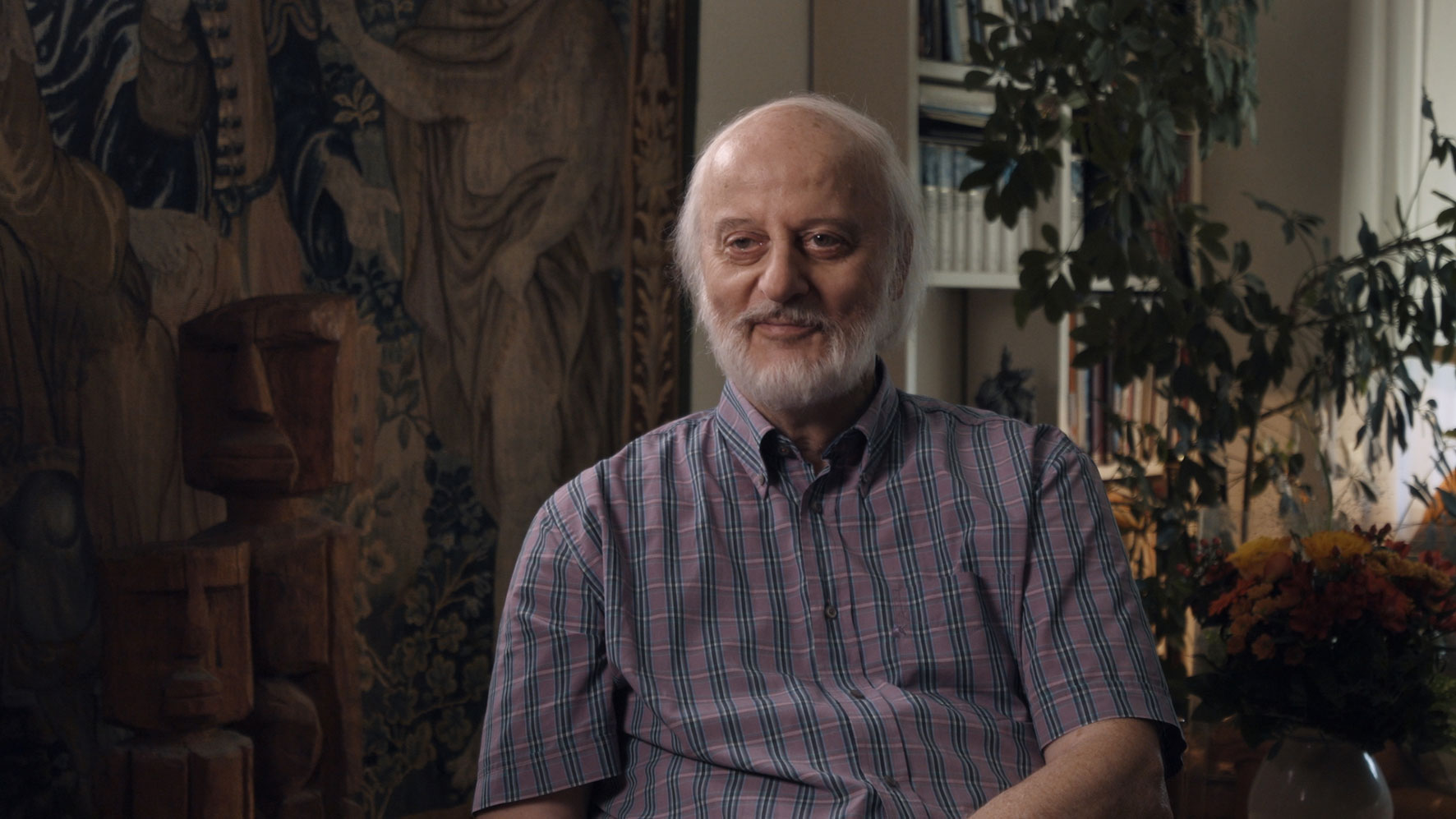
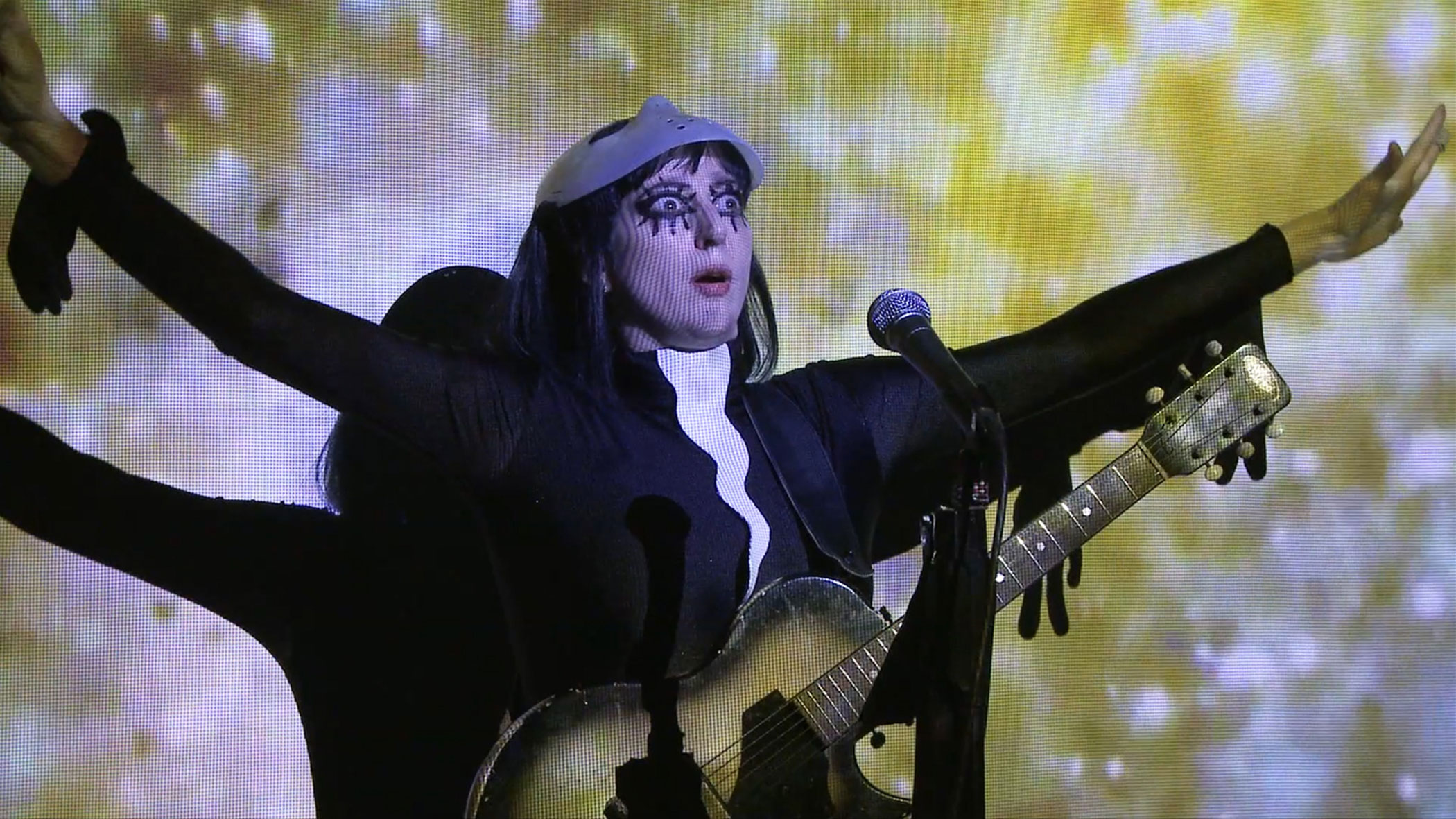
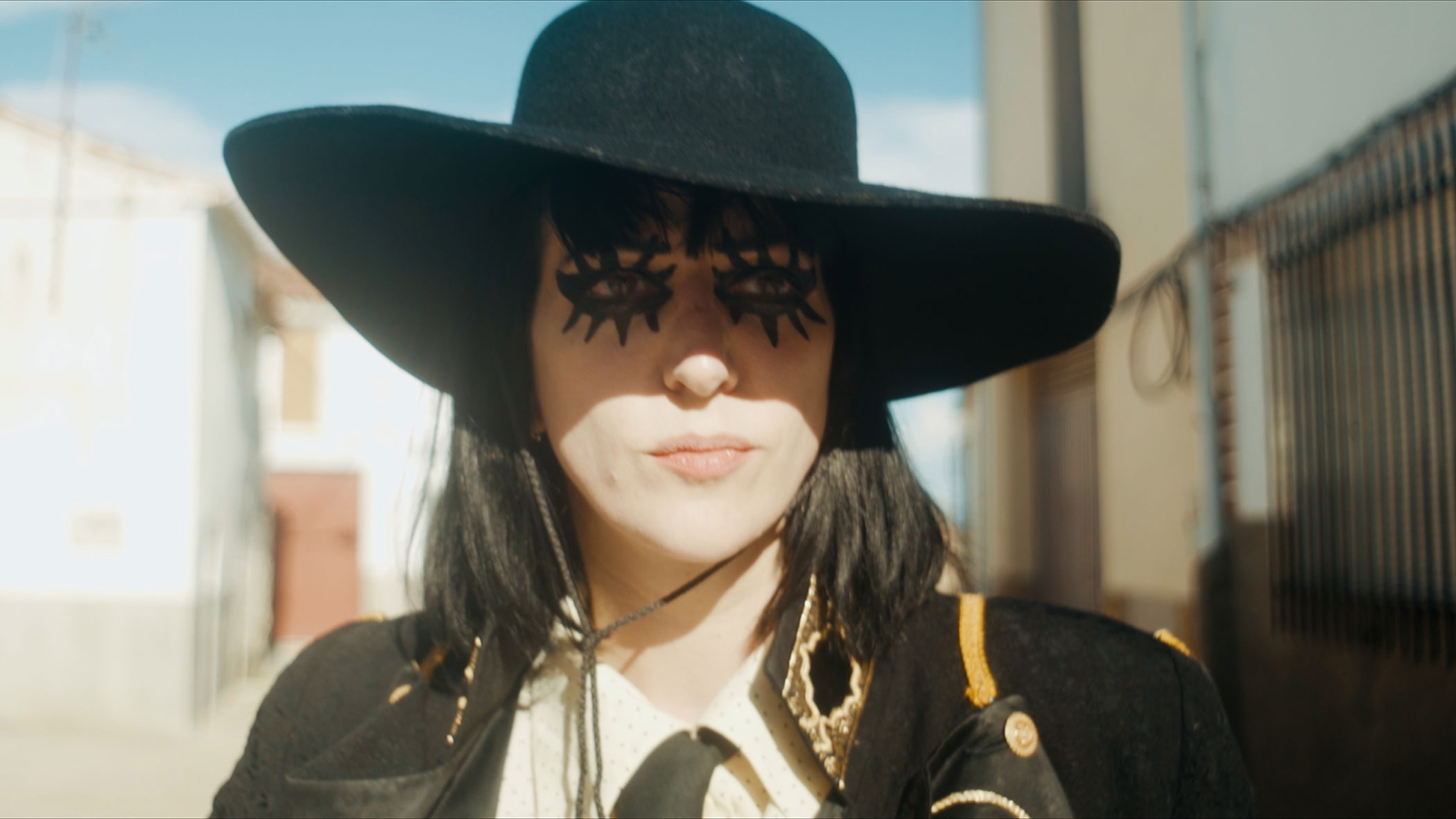
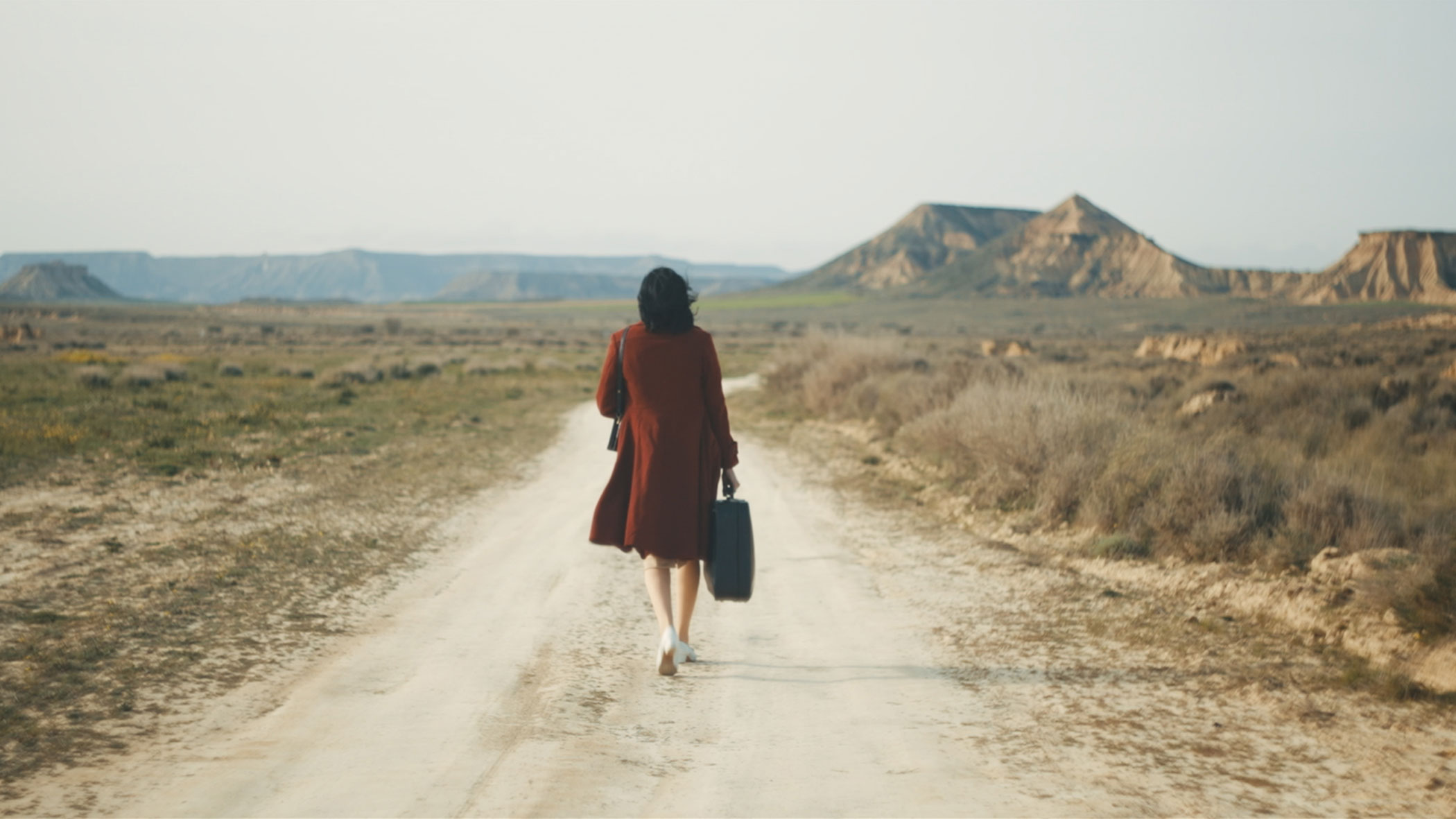
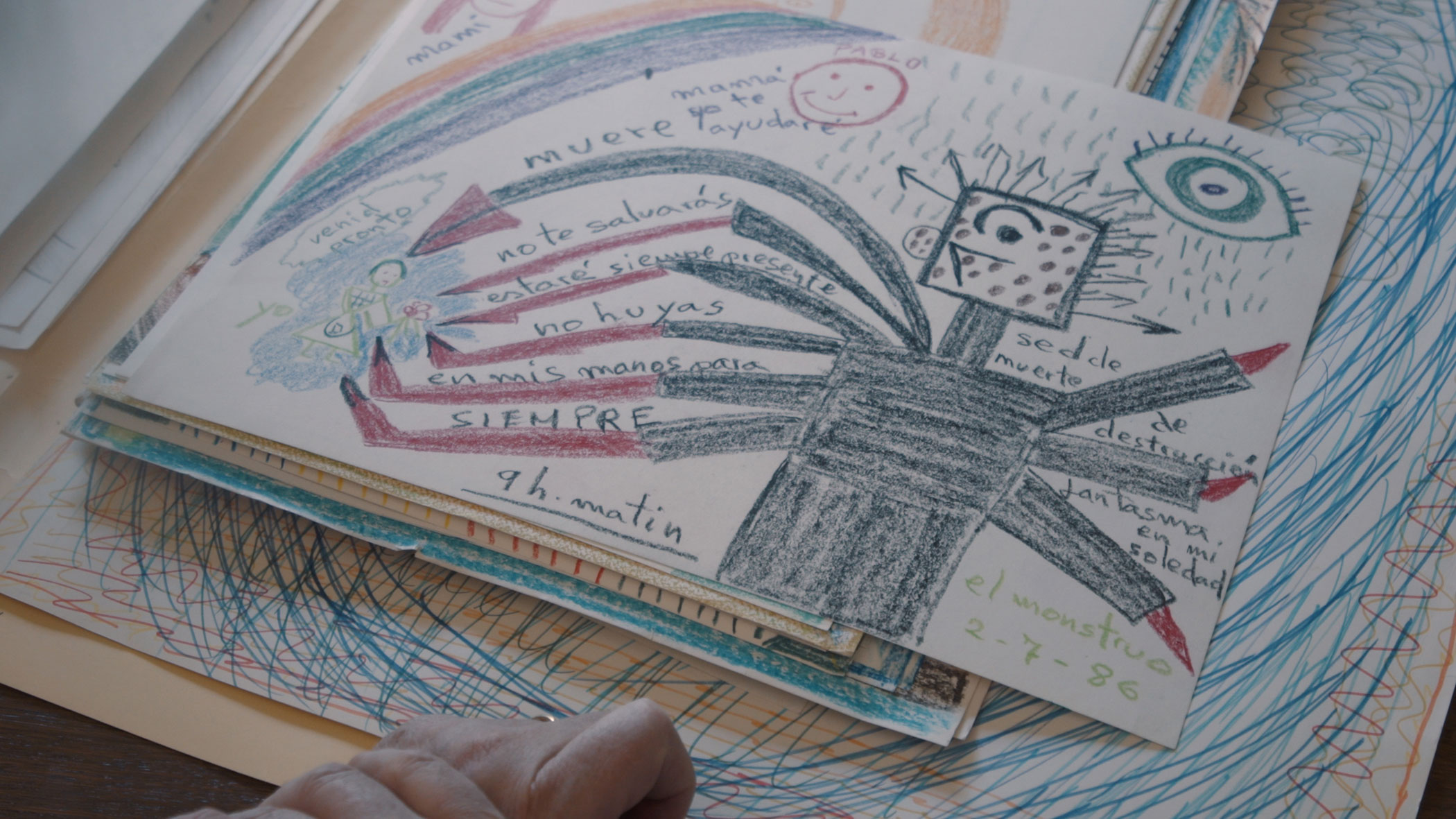
30 years after her mother's suicide, filmmaker and artist Jackie embarks on a life-changing journey with her art character 'Jack Torera' to finally unveil the tabooed and dark past in her childhood that shaped her life and art, but divided her family in Switzerland and Spain. By challenging cinematic conventions, 'Las Toreras' shows the power of confronting and working through family taboos and emphasizes the importance of art as a vessel for understanding and healing.
The Swiss documentary LAS TORERAS is the first feature-length film by Swiss-Spanish director, author, artist and musician Jackie Brutsche (born in Zurich, lives in Bern). On October 2, 2023, the film celebrated its world premiere at the Zurich Film Festival (Focus Competition) and won the "Emerging Swiss Talent Award" (Critics' Award) and the "Film Prize of the Zurich Churches". LAS TORERAS was honored with The Mercurius Prize (Jung + Film) and was nominated for the Swiss Film Award 2024 for Best Feature Documentary. The movie is available online in Switzerland only on streaming platforms like Filmingo,MyFilm, Cinefile.
In "Las Toreras," I delve into the fragmented and hidden story of my Spanish mother, Carmen. Over 30 years ago, she took her own life, and I was ten years old at the time. This early blow of fate gave direction to my life, and in my art, I found a positive way to deal with it and draw inspiration. However, without fully knowing the entire story myself, I was reluctant to disclose it or burden my audience with it. In my family, there was never much talk about my mother and her mental struggles. Accusations lingered, and sensitive topics were avoided. Eventually, the many unanswered questions began to block my path, and I no longer wanted to live in ignorance and conceal my most significant story. With this film, I aimed to confront the painful truth and show that it's worthwhile – even decades later – to face it.
It was a lengthy process until I understood whose story I needed to tell. For a long time, the suicide and tragic life story of my mother were in the foreground, much like in real life. Hidden and unprocessed family secrets cast shadows over successive generations, preventing them from knowing and sharing their own stories. I realized that I needed to tell my positive story of coping with my mother's fate through my art in order to approach her tragic story. In my film, you can trace how I emerge from this shadow, how I transition from being uninformed to becoming knowledgeable and a conveyor of painful truth, and how my family and I deal with it.
The discovery of my family history and the associated journey were overwhelming. My family exhibited more openness and directness than expected. I was confronted with absurd and heavy accusations against my father, and conflicting views on how my mother became unhappy and ill. After the interviews, I returned home with a multitude of fragments of memories and stories, variously narrated versions of her life. This marked the start of meticulous detective work: sorting and organizing copious amounts of information from diaries and letters into a chronological timeline in search of explanations and truth.
However, I realized that there is no absolute truth. Countless influences, decisions, circumstances, coincidences, and connections shape life. This intricate interplay results in a different story and truth for everyone, based on their perspective. In the film, it was essential for me to embrace and challenge the audience with this complexity. Humans often seek simple explanations in an immensely complex world. It requires courage and ongoing effort to consistently question and adapt one's own opinions, assuming that there isn't just one truth, but perhaps as many truths as there are people. An open and never-concluded examination is crucial for processing and understanding history, overcoming taboos, and resolving conflicts.
Through this film, it was very important for me to show the person behind mental illness, the experiences of those affected, and how the elusive and stigmatized illness slowly affects their life path and environment. During my research, I gained a deep understanding of mental illnesses. People like my mother, with delusional and compulsive disorders, often develop significant distrust towards their closest relatives who care for them. They view them, for example, as incarcerators or adversaries who force them into clinics or compel them to take medications because they become dependent on them. Connected with my father's accounts and my mother's texts, the image of the Spanish relatives finally became comprehensible. My mother's mental illness had left an undetected trail of wreckage in my family due to falsehoods, which I had to rectify.
Throughout the process of working on this project, I also learned beautiful things about my mother and realized that we were more alike than I had been aware of. Creativity, determination, and a desire for independence were present in her, just as they are in me. Yet, her opportunities for self-realization were much more restricted than mine. I'll never fully know who my mother really was and what happened to her. Ultimately, this film is my personal interpretation of her story, based on many puzzle pieces that I've assembled into a truthful and meaningful picture. But I've recognized that what's more important than knowing the exact truth is the fact that I could embark on this journey, that I summoned the courage to ask questions, and that I formed my own opinion. In this way, I could bring closure to Carmen's story and give her a dignified place in this film. "Las Toreras" is the convergence of our two stories: two courageous women who fight against misfortune and seize their fate by the horns.
The engagement with my mother and her story has brought insight and reconciliation to me, my family, and loved ones. It was a process of processing, letting go, and concluding – a path of understanding and respect for Carmen's life story, which has shaped and touched all of us. Through my family history, I hope to depict, in a condensed form, the interpersonal universe of humans – our interactions, our taboos, and societal pressures and expectations. I hope that the film can help and inspire people and families with unprocessed stories to embark on this journey. And I hope that my film serves as an encouragement to consciously engage with life's shadows, because there's not only loss to be found but also much to gain.
"Las Toreras" is by far the most personal and significant work in my life thus far. It brought both painful and fantastic experiences, all of which have enriched me. I've learned an incredible amount and am tremendously grateful for this unique opportunity and the valuable journey. This wouldn't have been possible without the trust of my family, my surroundings, and the immense support and perseverance of the production and the film crew.
Jackie Brutsche
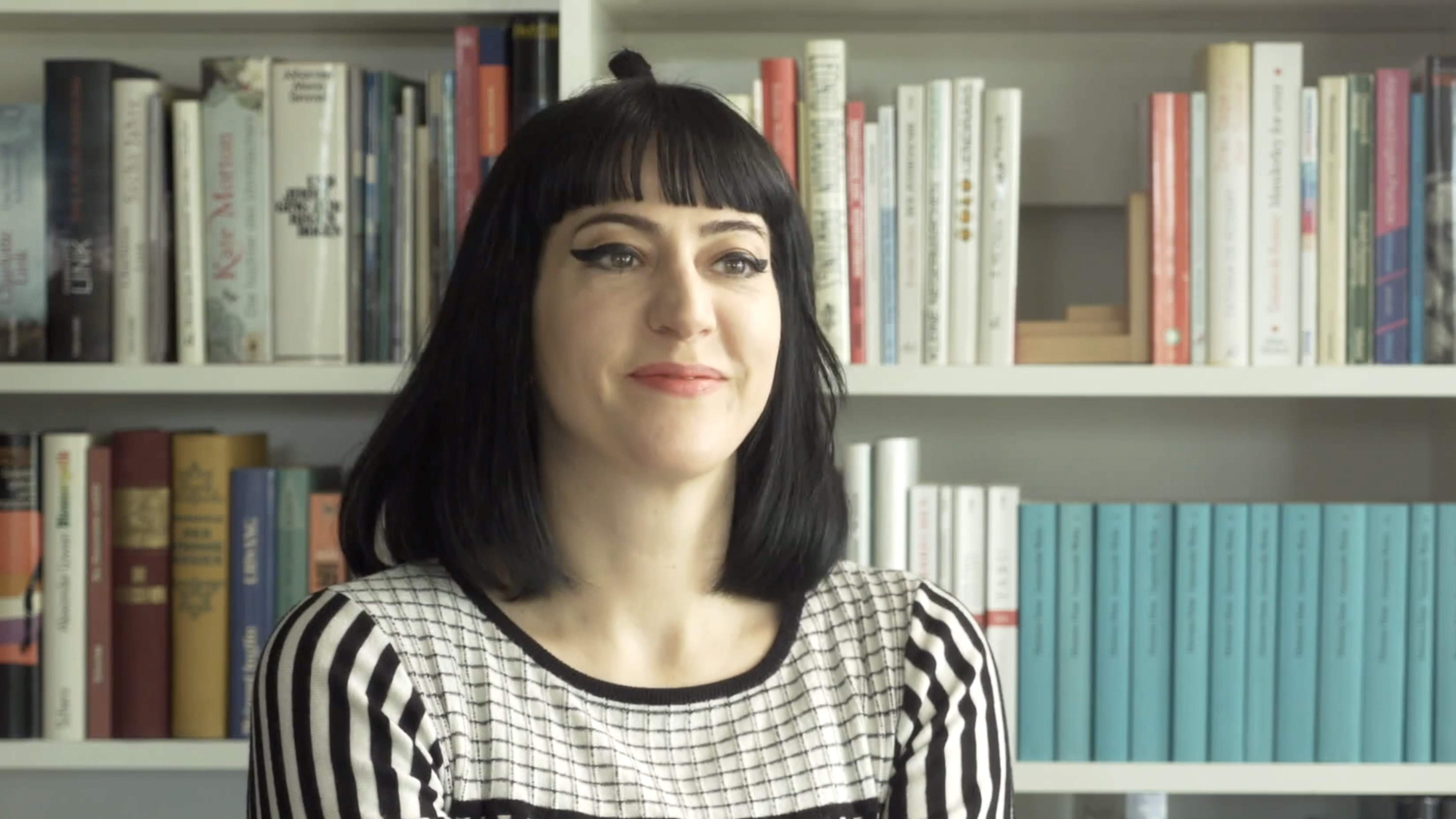
Jackie Brutsche, lives in Bern, daughter of Carmen.

Paul Brutsche, lives in Zurich, father of Jackie, husband of Carmen.
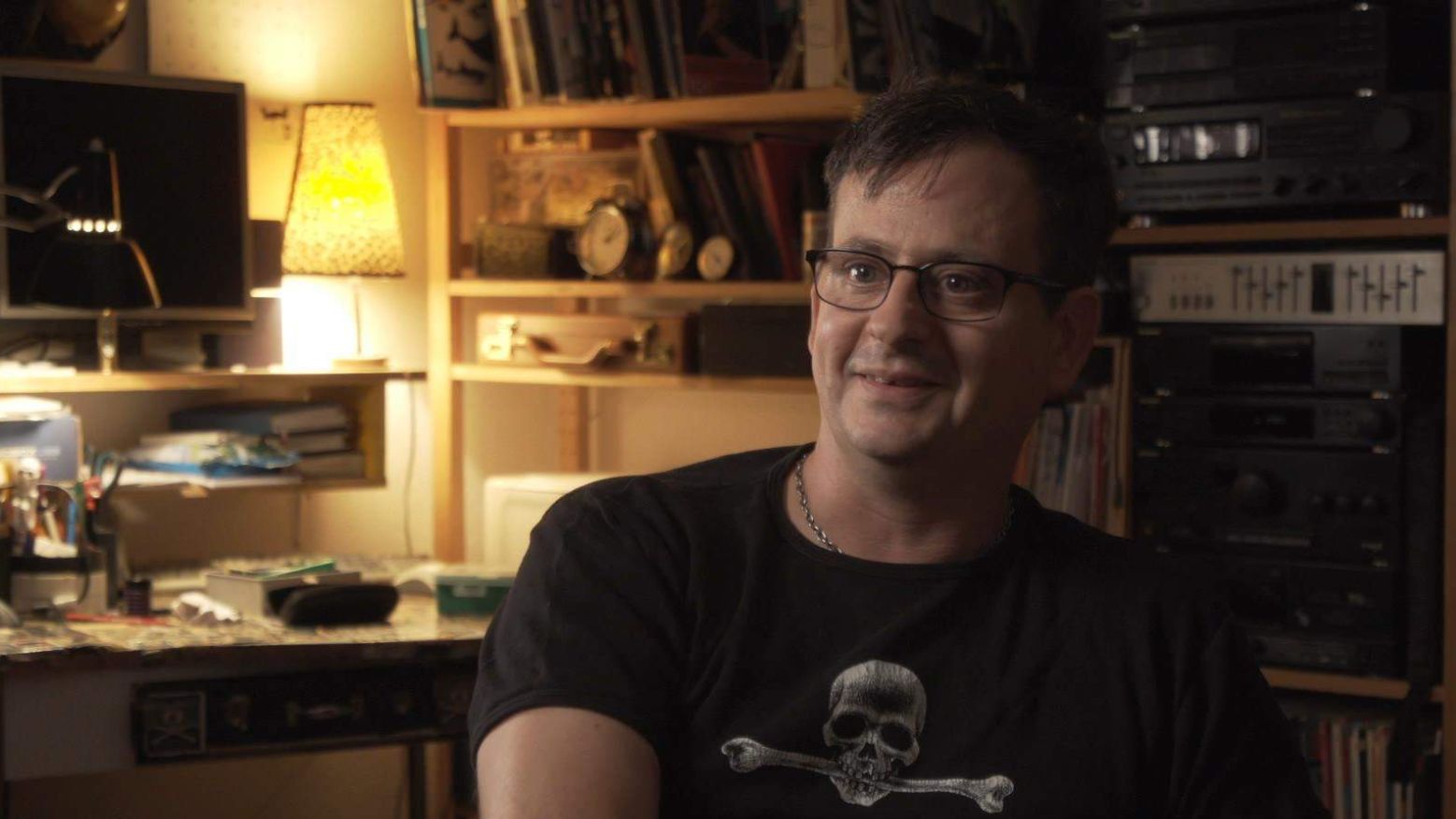
Juan Pablo Brutsche, lives in Zurich, older brother of Jackie, son of Carmen.
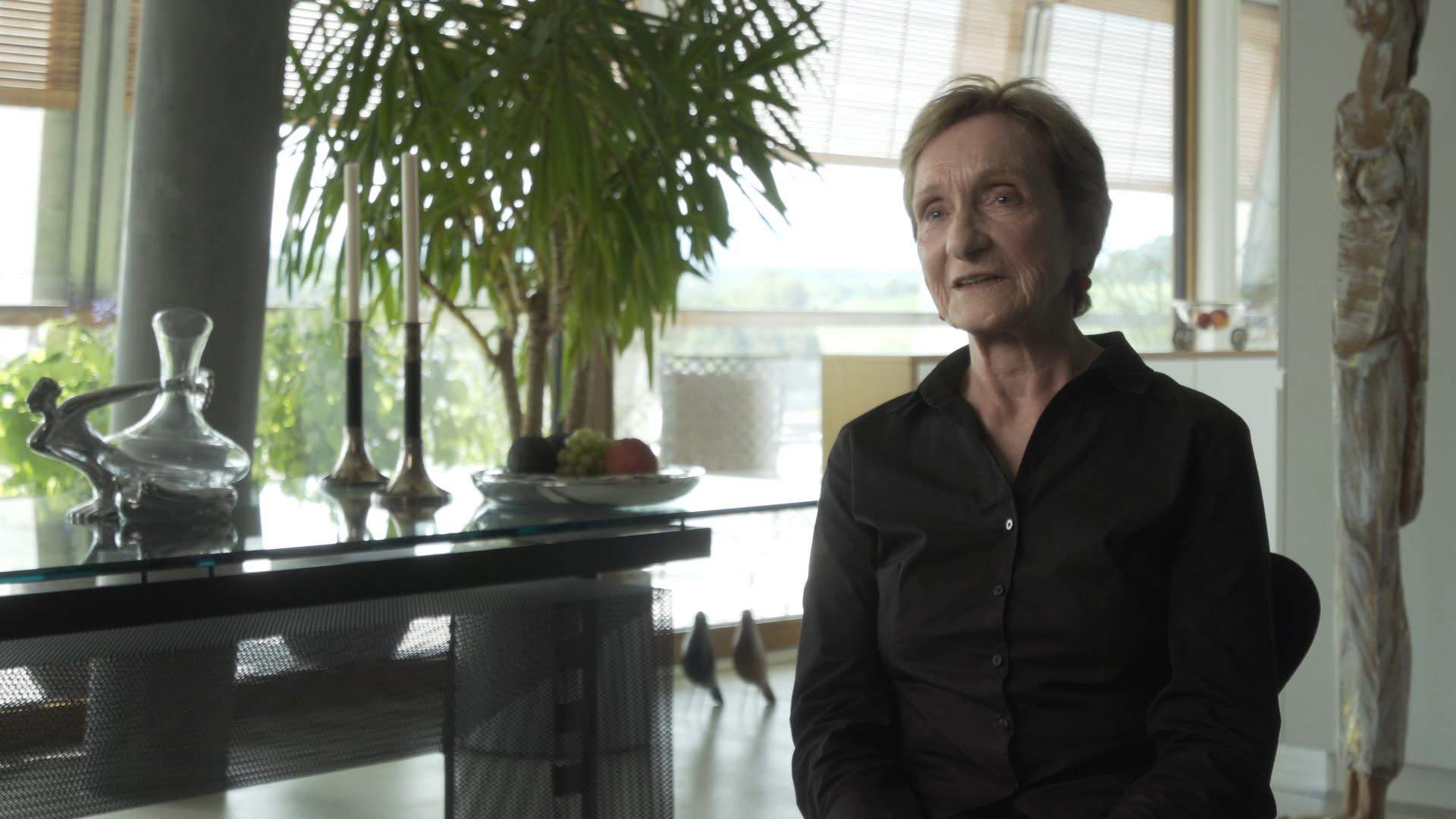
Carla Brutsche, lives in Basel, aunt of Jackie, wife of Jackie's father's brother.
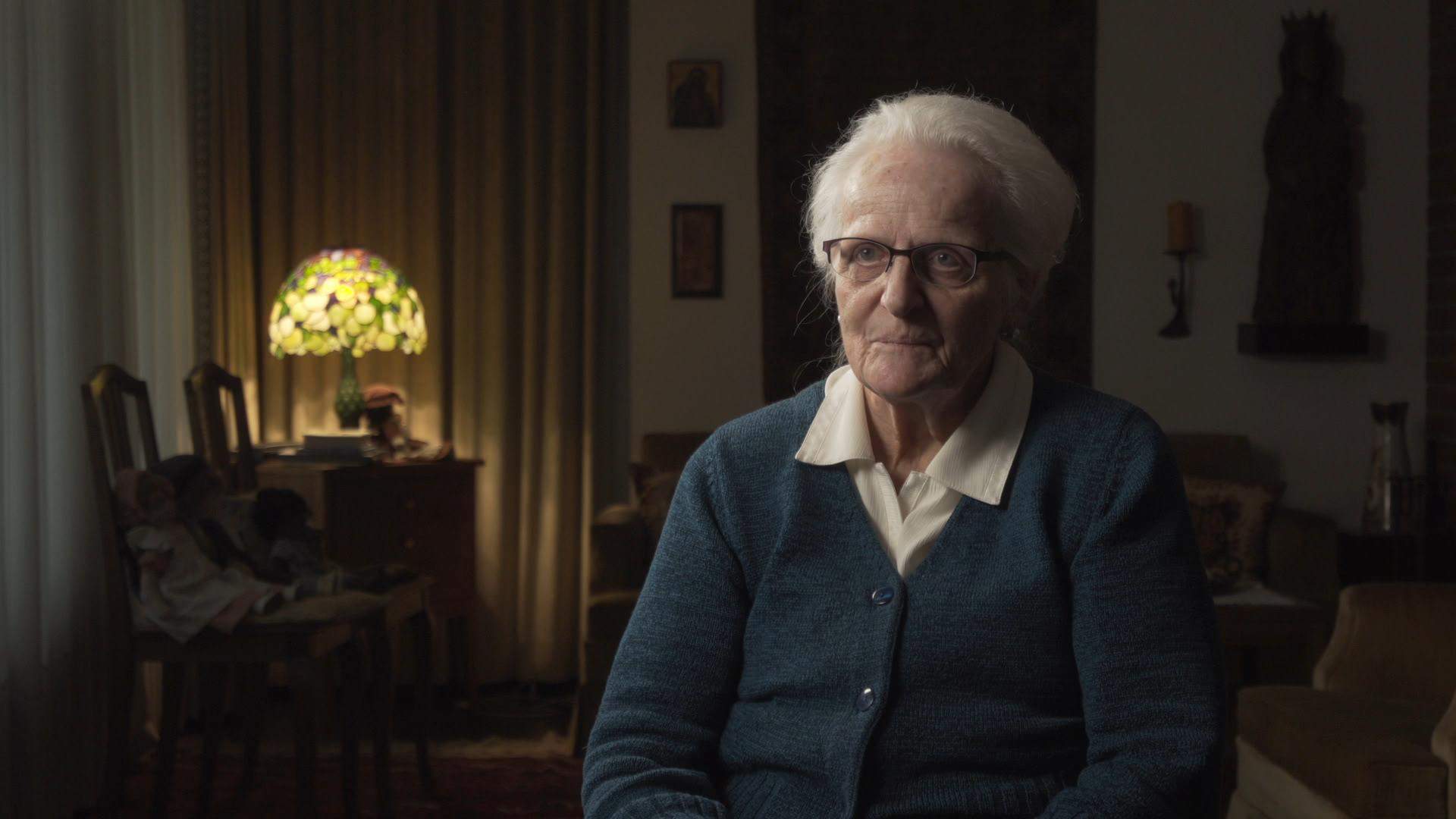
Berthe Stark, lives in Basel, aunt of Jackie, sister of Jackie's father.
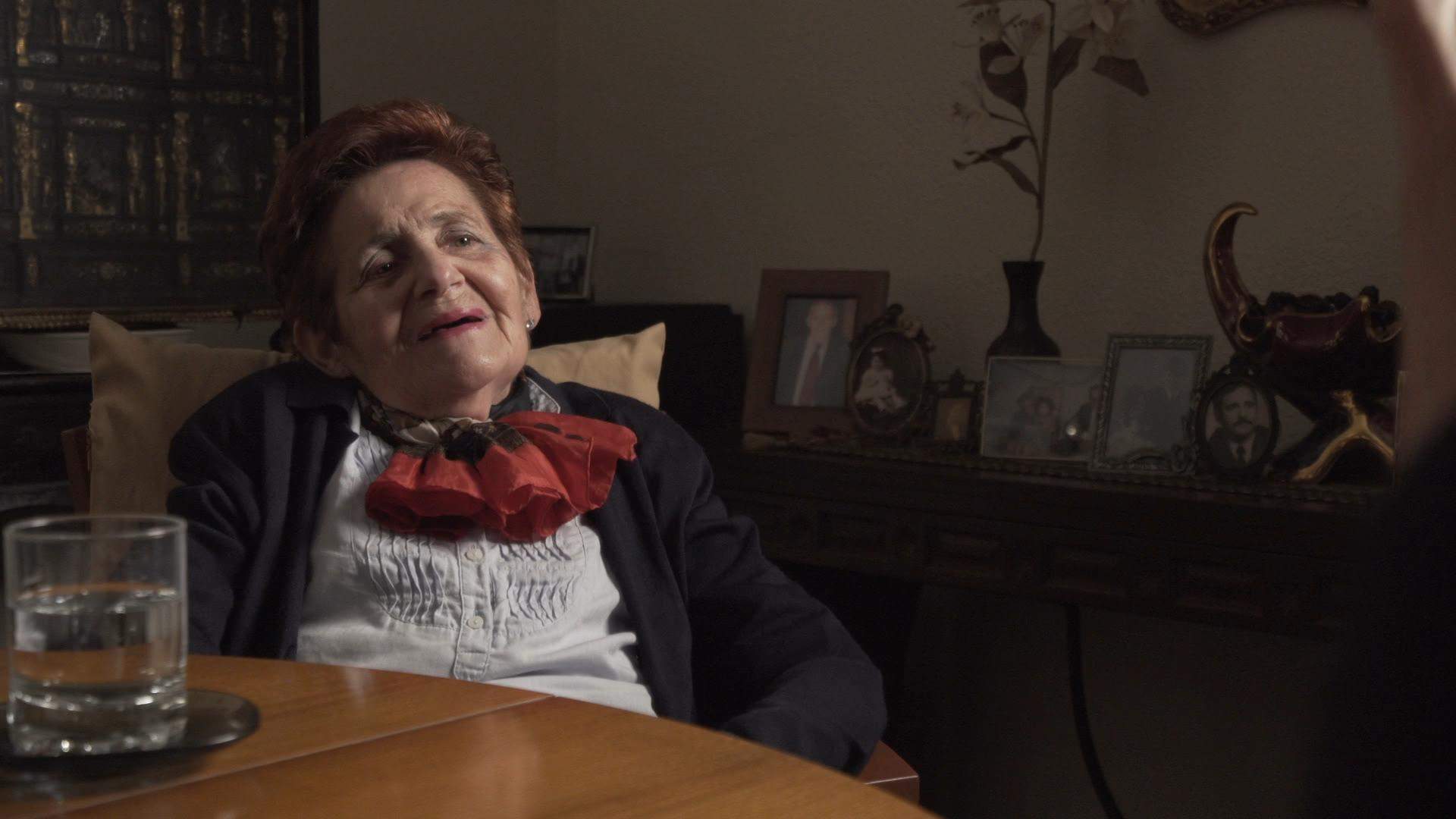
Eloisa Andrés-Sanchez, lives in Murcia, aunt of Jackie, older sister of Carmen.
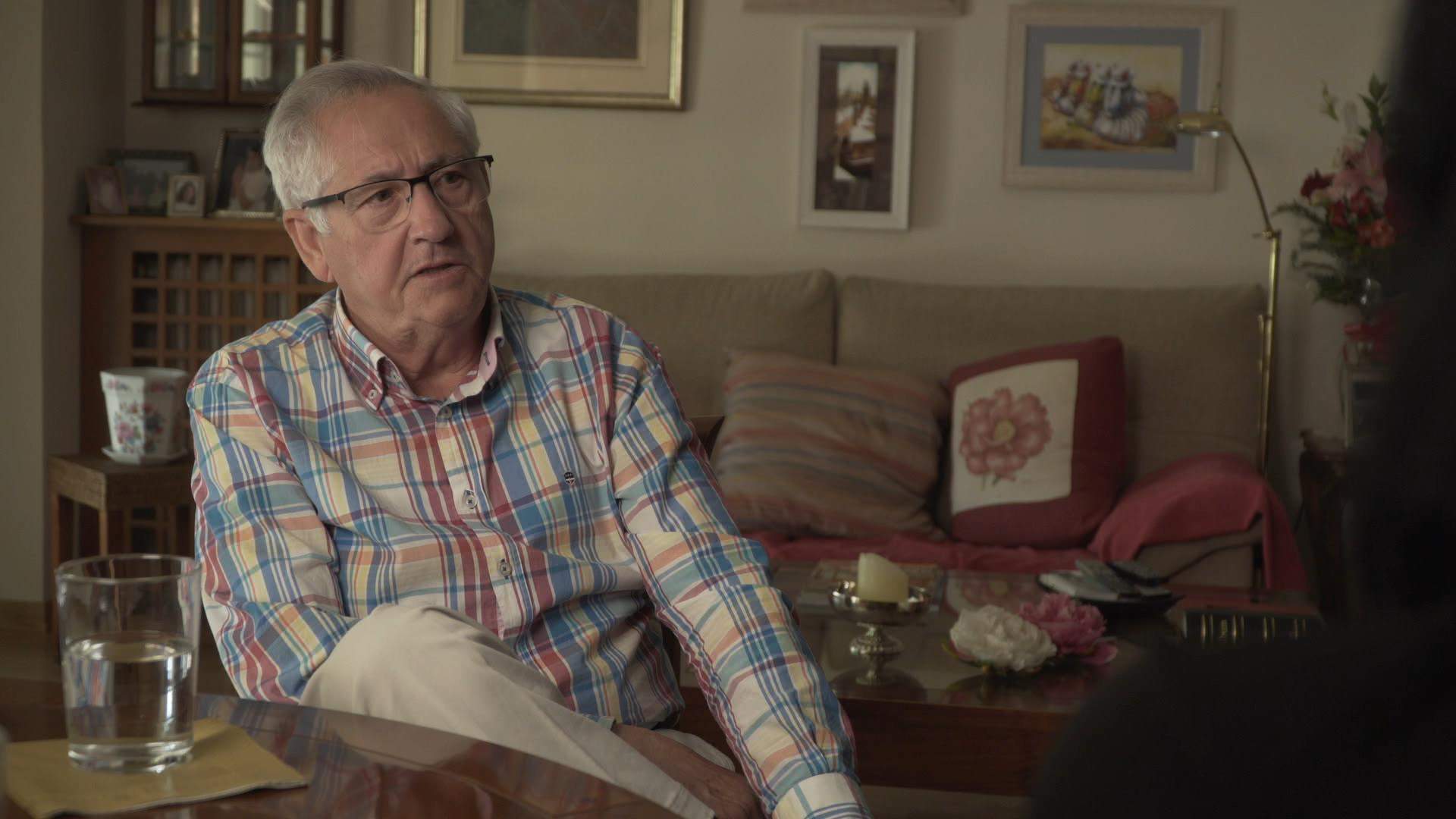
Angel Andrés, lives in Granada, Jackie's uncle, older brother of Carmen.
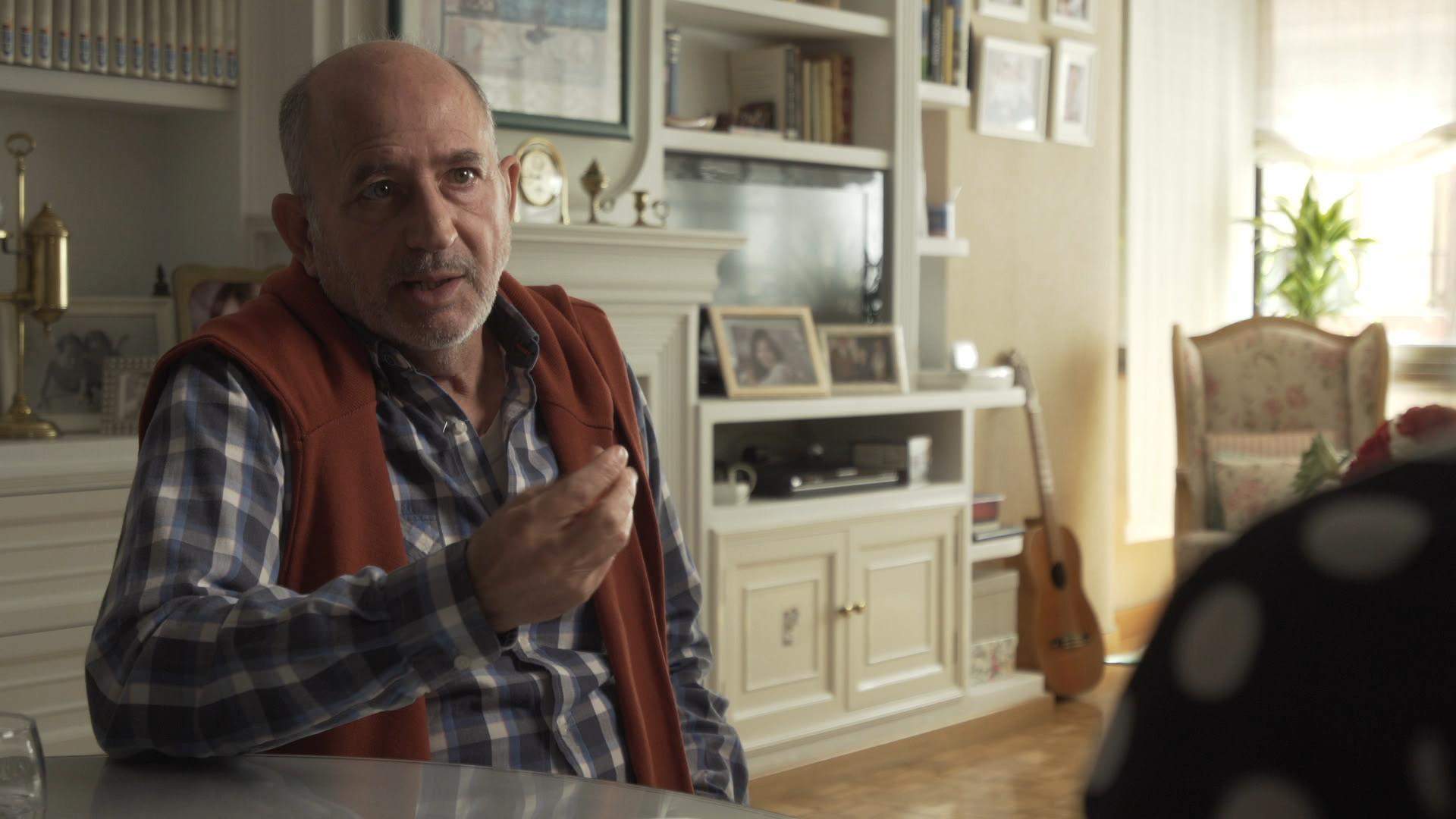
Juan José Andrés, lives in Alicante, Jackie's uncle, youngest brother of Carmen.
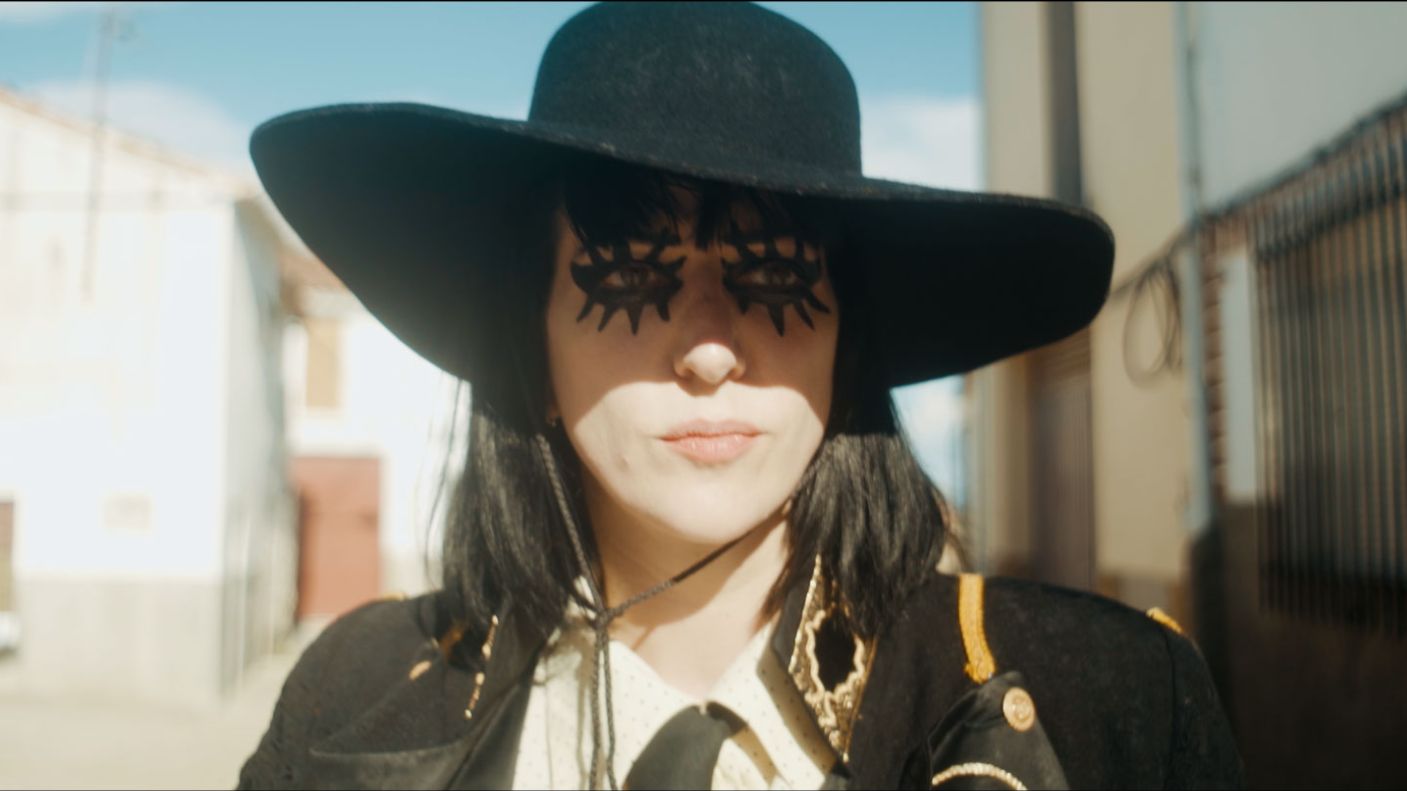
Jack Torera. Art figure of Jackie Brutsche, who also appears in her plays, bands and movies.
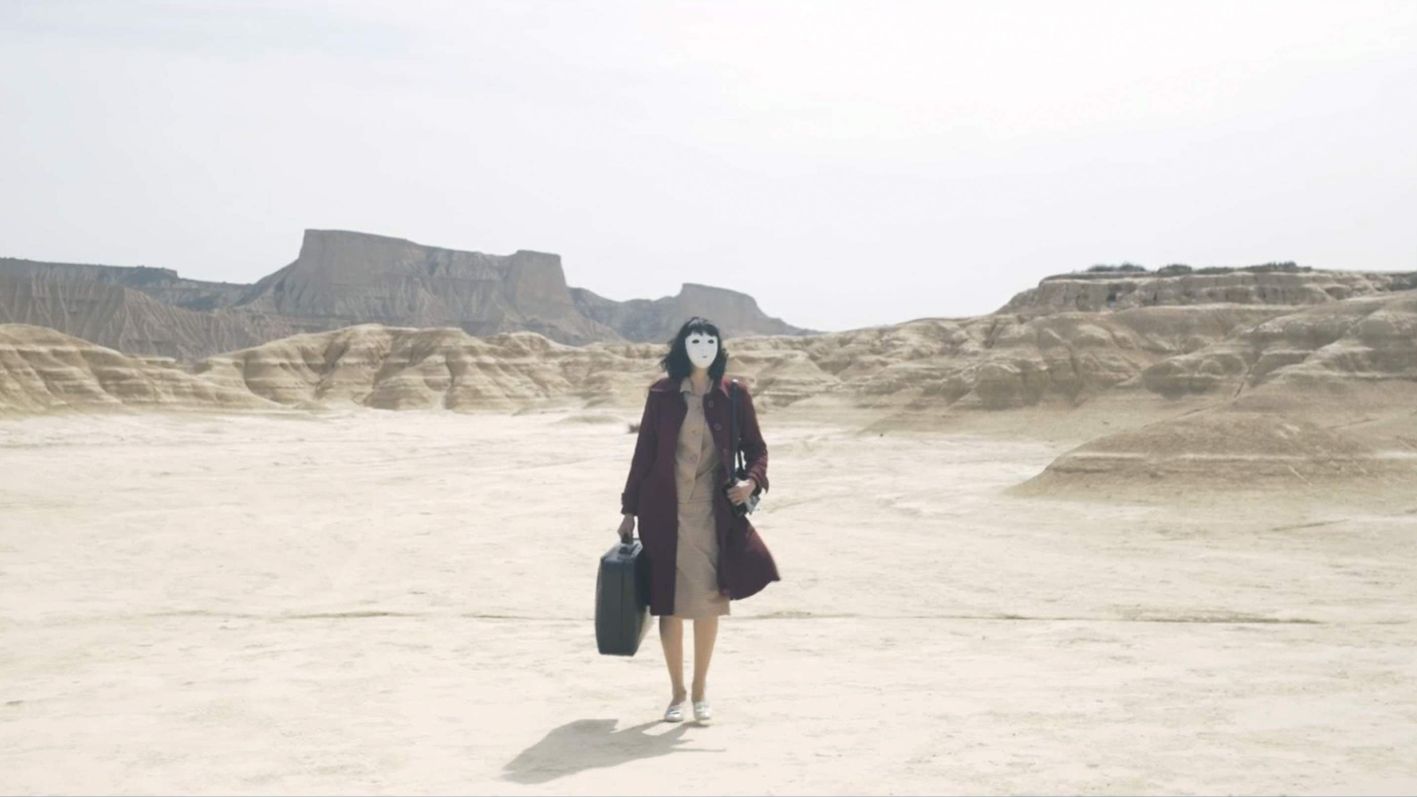
Carmina.Embodiment of Jackie's mother. The white mask is a recurring motif in Jackie's art.

"El monstruo", the monster. Character drawn by Jackie's mother Carmen Brutsche Andres, which represents her mental illness.
Titel: LAS TORERAS
Genre: documentary
Duration: 100 Minutes
Language: swiss german, spanish, english
Subtitles: German, English, French
Production format: HD
Screening-Format: DCP 1.85:1, 25fps, Quickt
Sound: Digital 5.1
Shooting locations: Switzerland, Spain
Swiss release : 16th November 2023
ISAN: 0000-0004-B677-0000-W-0000-0000-F
Website Film: www.lastoreras.ch
Website Producer: www.rectv.ch
Website Distribution: www.filmbringer.ch
Website Press contact: www.prosafilm.ch